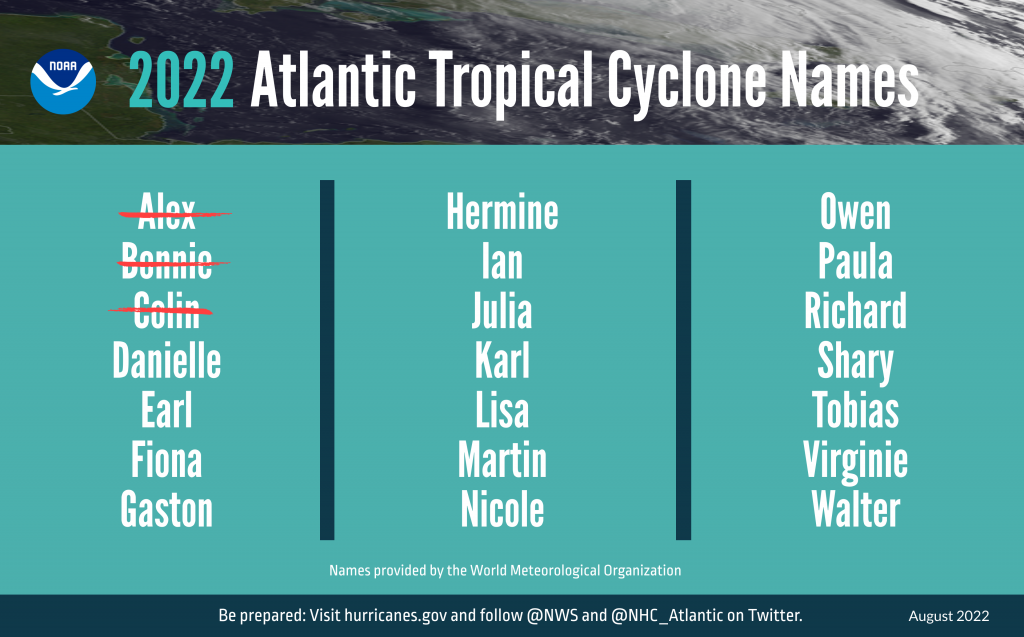The Atlantic hurricane season is now more than two months old and has so far been fairly quiet with only three storms — all of them in the weakest category of tropical depression. This may well have been the case in the summer and fall of 1492 as well.
It is interesting to note that among the seemingly endless list of superstitions and fantastical falsehoods that surrounded voyages of exploration in the age of discovery — ranging from sea serpents of all kinds to boiling waters near the equator — there was no mention of hurricanes. This is obviously because no European had yet witnessed (and could not imagine) the frothing seas, with towering 100 foot waves, that these ferocious storms can create.
Columbus set sail on Aug. 3, 1492, from Palos de la Frontera and made the open ocean off the coast of Spain some days later. He reached the Bahamas in the first days of October, meaning that he sailed through the peak of the Atlantic hurricane season without incident. Twenty-seven years later, on Aug. 10, 1519, Ferdinand Magellan’s fleet of five ships left Seville on what would become the first circumnavigation of the globe. Magellan’s route also took him through the tropical Atlantic at the height of hurricane season and, again, without incident.
Thus, this year’s relatively inactive Atlantic hurricane season is not out of the ordinary and may end up being reminiscent of other inactive seasons from the past, in which one might argue the stakes were quite high.
Steve Ackerman and Jonathan Martin, professors in the UW-Madison department of atmospheric and oceanic sciences, are guests on WHA radio (970 AM) at 11:45 a.m. the last Monday of each month. Send them your questions at stevea@ssec.wisc.edu or jemarti1@wisc.edu.


